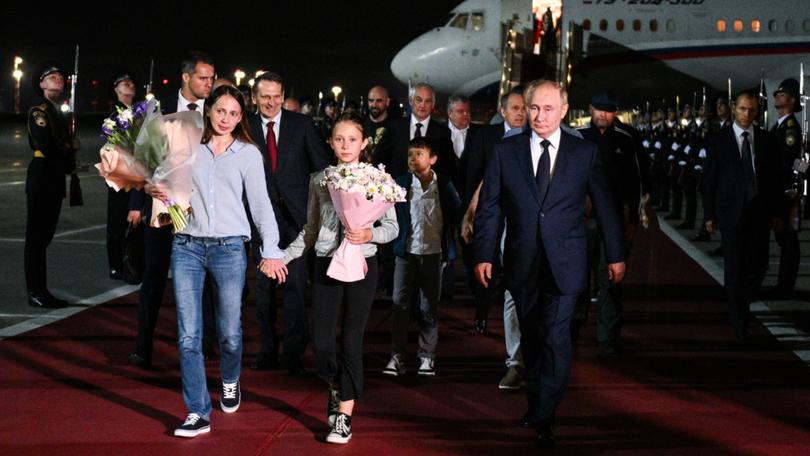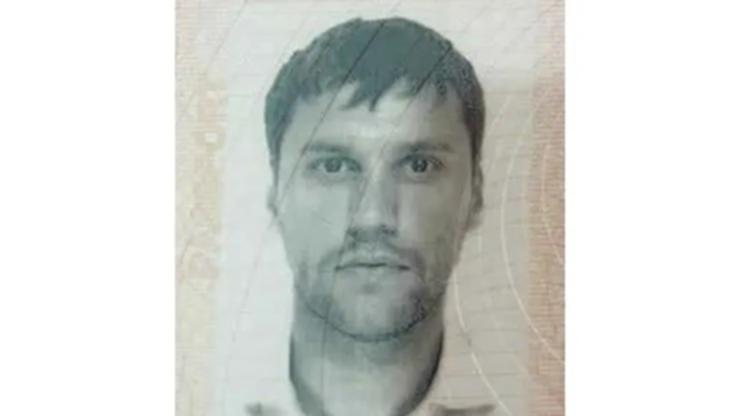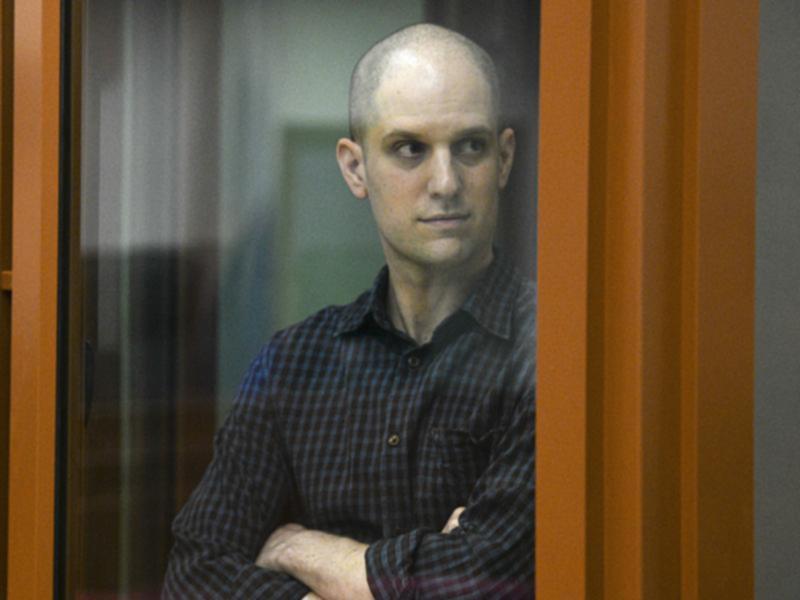Inside the $140 million Wall Street heist that stemmed from Russia
M-13, acted as a front for Russian hackers, getting their hands on American corporate earnings reports before the rest of the world could see them.

The money Vladislav Klyushin made from stolen financial information piled up, filling a safe with stacks of hundred-dollar bills.
At one point, he was hoarding over $US3 million ($A4.5 million) in illegal gains.
In less than three years, Klyushin’s cybersecurity scam amassed more than $US93 million. His company, M-13, acted as a front for Russian hackers to steal information under the guise of protecting it, getting their hands on American corporate earnings reports before the rest of the world could see them.
Sign up to The Nightly's newsletters.
Get the first look at the digital newspaper, curated daily stories and breaking headlines delivered to your inbox.
By continuing you agree to our Terms and Privacy Policy.Then, they traded based on that insight, buying and selling stock from well-known American companies like Skechers, Snapchat and Roku.
M-13 once targeted Tesla, stealing its drafted earnings release and buying stock based on a historically successful quarter. Once the final earnings report went public, shares of Tesla soared in price, and Klyushin’s team walked away with yet another stack of cash.
″[They’re] breaking into these American companies,” said Steven Frank, a federal prosecutor familiar with the case.
“Stealing information day after day…and just trading on it.”

Klyushin grew his empire until he was riding on private jets and shaking hands with Russian government officials. But what the oligarch and his team didn’t know is that the FBI had been watching them — dissecting how the scam worked and determining what, if anything, they could do to stop it.
CNBC’s Eamon Javers spent nearly a year investigating this criminal network and exploring how wealthy Russian hackers stole millions from U.S. investors.
Javers interviewed FBI agents and prosecutors — even a Russian spy — to reveal the shocking details of Klyushin’s massive criminal enterprise.
Klyushin was one of 12 alleged Russian intelligence operatives charged with hacking and insider trading by the U.S. government in 2021.
After being sentenced to a nine-year jail term in 2023, Klyushin was released in August 2024 as part of a historic U.S.-Russia prisoner swap that included Wall Street Journal reporter Evan Gershkovich.
The exchange is thought to be the first U.S. prisoner swap to include international cybercriminals and freed four American citizens wrongfully detained in Russia.

But the larger threat posed to American businesses, Javers said, isn’t over. This case is only the latest example of how the markets have become yet another sphere for the great powers to demonstrate their strength and undermine their rivals.
“It’s a war right now happening between Russia and the West,” an anonymous former member of the Russian FSB intelligence service told Javers.
“Finances and banks and the financial sector itself is just one of the battlefields.”
In the recent CNBC documentary “Putin’s Trader,” Javers and his team reveal a persistent, ongoing threat to U.S. companies, investors and the markets themselves.
Accompanying the documentary is “The Crimes of Putin’s Trader,” a podcast series premiering on Thursday, Aug. 15.
“At stake,” Javers said, “is the very integrity of American capital markets.”
